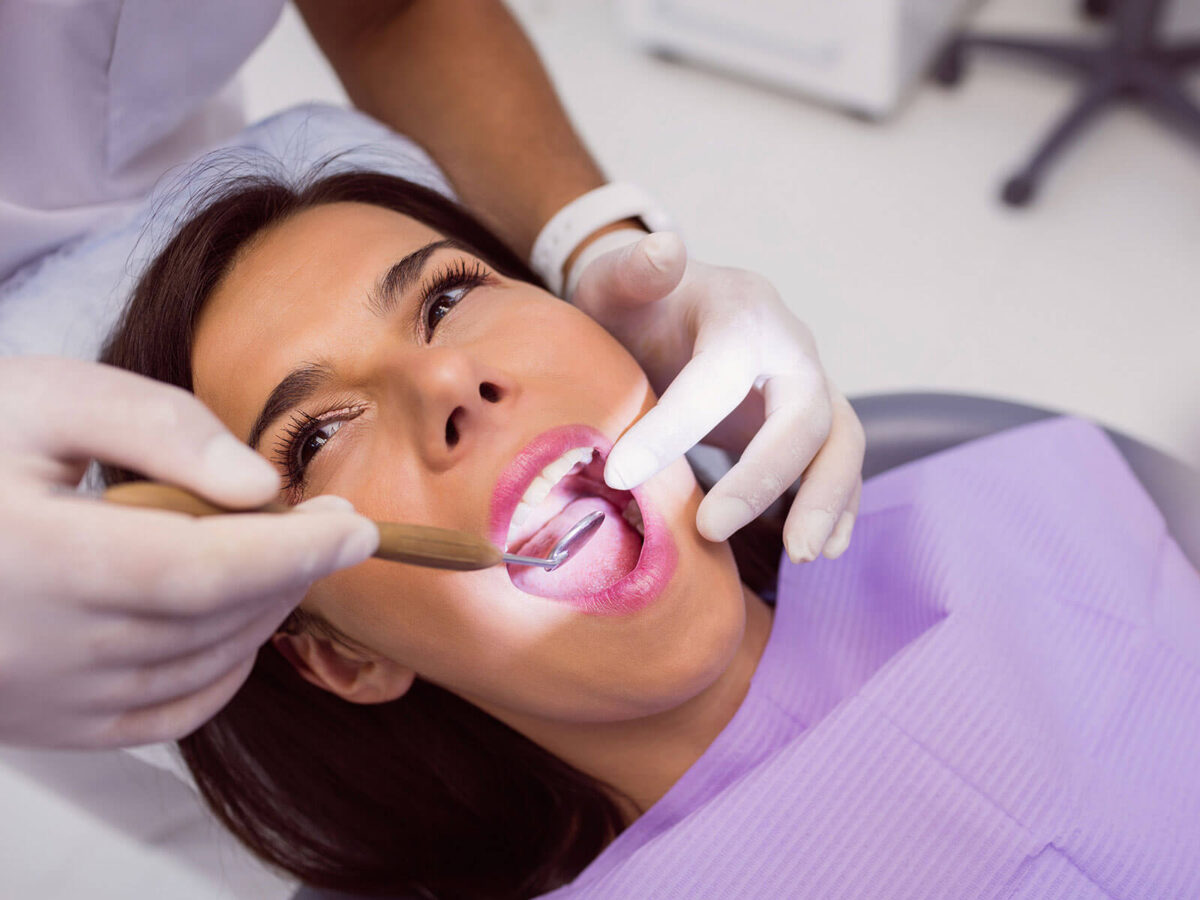Fluoride is a naturally occurring mineral that has emerged as a staunch defender of dental health, playing a crucial part in preventing tooth decay and maintaining solid and durable teeth. In this detailed guide, we will look into the workings of fluoride and how it serves as a tooth defender, helping to maintain a healthy and vibrant smile.
How to Understand Tooth Decay:
Tooth decay, often known as dental caries or cavities, is a frequent oral health problem caused by tooth enamel demineralization. This happens when bacteria in the mouth produce acids that erode the minerals in the enamel, causing cavities to form. Tooth decay can worsen if left untreated, causing discomfort, infection, and potential tooth loss.
Fluoride’s Role in Dental Health:
Fluoride is a potent ally in the fight against tooth decay. Its effectiveness stems from its capacity to build dental enamel, boost remineralization, and prevent the action of acid-producing bacteria in the oral environment.
Fluoride Action:
1. Fluoride Strengthens Tooth Enamel:
Importance: Fluoride strengthens tooth enamel, making it more resistant to acid attacks.
Fluoride is incorporated into the enamel structure during the demineralization and remineralization processes when it is present in the oral environment. This integration results in a more robust, more acid-resistant enamel surface.
2. Remineralization Enhancement:
Importance: Fluoride promotes the repair of deficient enamel by enhancing remineralization.
Mechanism: Remineralization is the natural process by which minerals such as fluoride, calcium, and phosphate are deposited back into the enamel. Fluoride aids in this process by promoting the production of a more enamel-strengthening structure.
3. Acid Production Inhibition:
Importance: Fluoride suppresses the activity of acid-producing microorganisms in the mouth.
Acid-producing bacteria, notably called Streptococcus mutans, thrive on fermentable carbohydrates and create acids as byproducts. Fluoride disrupts these bacteria’s metabolism, limiting their capacity to produce acids contributing to enamel demineralization.
4. Fluoride Reduces Acid Solubility:
Importance: Fluoride reduces the solubility of enamel in acid.
Fluoride alters the crystal structure of enamel, making it less acid-soluble. When exposed to acidic conditions in the mouth, this lower solubility lessens the risk of enamel demineralization.
5. Anti-Caries Effect:
Importance: Fluoride can considerably reduce the incidence of cavities.
Mechanism: Fluoride’s complex action—strengthening enamel, promoting remineralization, blocking acid formation, and decreasing enamel solubility—contributes to its overall anti-caries impact, making it an essential component in tooth decay prevention.
Fluoride sources:
a. Topical Fluoride:
Fluoride toothpaste, mouthwash, gels, and varnishes are examples of topical fluoride therapies that come into direct contact with the teeth. When used as part of a regular oral hygiene practice, these items are readily available and effective in avoiding tooth decay.
b. Water fluoridation
It is a public health practice that involves changing the fluoride concentration in municipal water sources to an ideal level for dental health. By providing a continuous supply of fluoride exposure, this systemic strategy helps entire populations.
c. Dietary Fluoride Supplements:
Healthcare experts can administer fluoride supplements in places where water fluoridation is not established or for persons with unique dental health needs. These supplements help to increase systemic fluoride intake.
d. Professional Fluoride Treatments:
Dental experts may administer concentrated fluoride treatment during routine dental check-ups. Fluoride varnishes or gels, for example, provide a higher concentration of fluoride for increased protection.
Fluoride Use Considerations:
a. Age-Appropriate Fluoride Exposure:
The American Dental Association (ADA) publishes age-appropriate fluoride exposure standards. A rice-sized amount of fluoride toothpaste is recommended for babies, while a pea-sized amount is recommended for children aged 3-6.
b. Supervision for Young Children:
Parents should supervise their children while they brush their teeth to ensure that they use an adequate amount of fluoride toothpaste and to reduce the risk of swallowing too much fluoride.
c. Fluoride Varnishes for High-Risk Individuals:
Dental experts can recommend fluoride varnishes for people at a higher risk of tooth decay, such as those with a history of cavities or specific medical problems that influence their oral health.
d. Fluoride Supplements:
Dietary fluoride supplements should only be administered under the supervision of a healthcare practitioner. Excessive fluoride consumption can result in dental fluorosis, a cosmetic condition affecting tooth enamel.
Conclusion:
Fluoride is a sturdy protector of dental health, providing diverse defense against tooth decay. Fluoride contributes significantly to maintaining strong, healthy teeth by reinforcing enamel, promoting remineralization, suppressing acid-producing bacteria, and reducing enamel solubility. Fluoride remains a cornerstone in preventing dental cavities, whether provided through topical applications, community water fluoridation, supplements, or professional treatments, ensuring smiles stay vibrant and durable for years.


